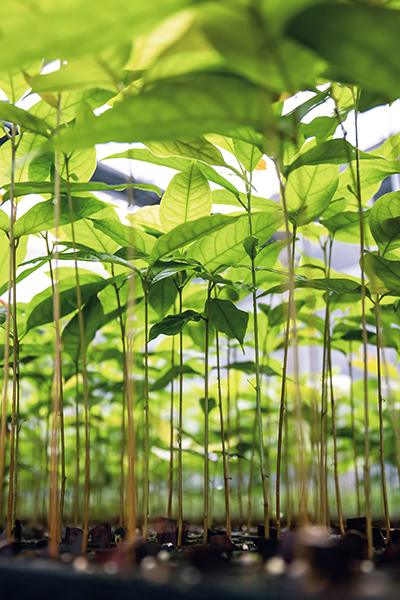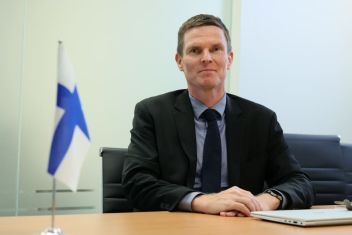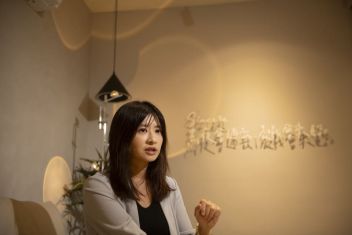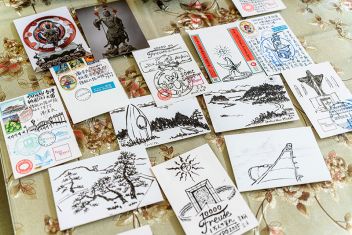Whether converting an 83-year-old bathhouse into a library or renovating a Japanese-style home in downtown Taipei, architect Johnny Chiu consistently aims to make room for the sky in the crowded urban jungle. The founder of J.C. Architecture, Chiu always pushes to make spaces a little more interesting, and to bring new possibilities to old buildings.





















